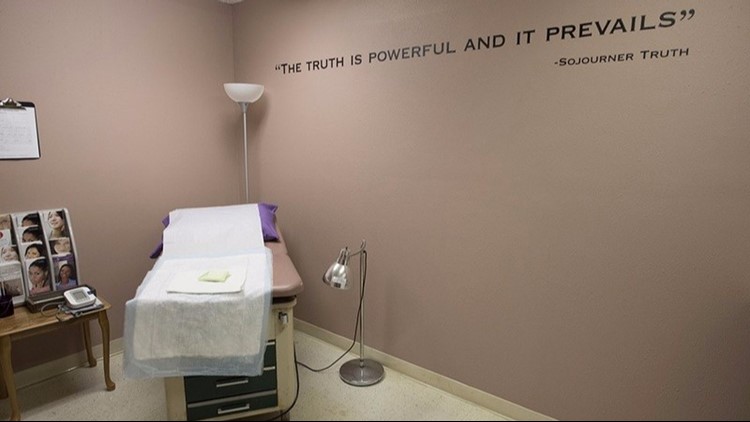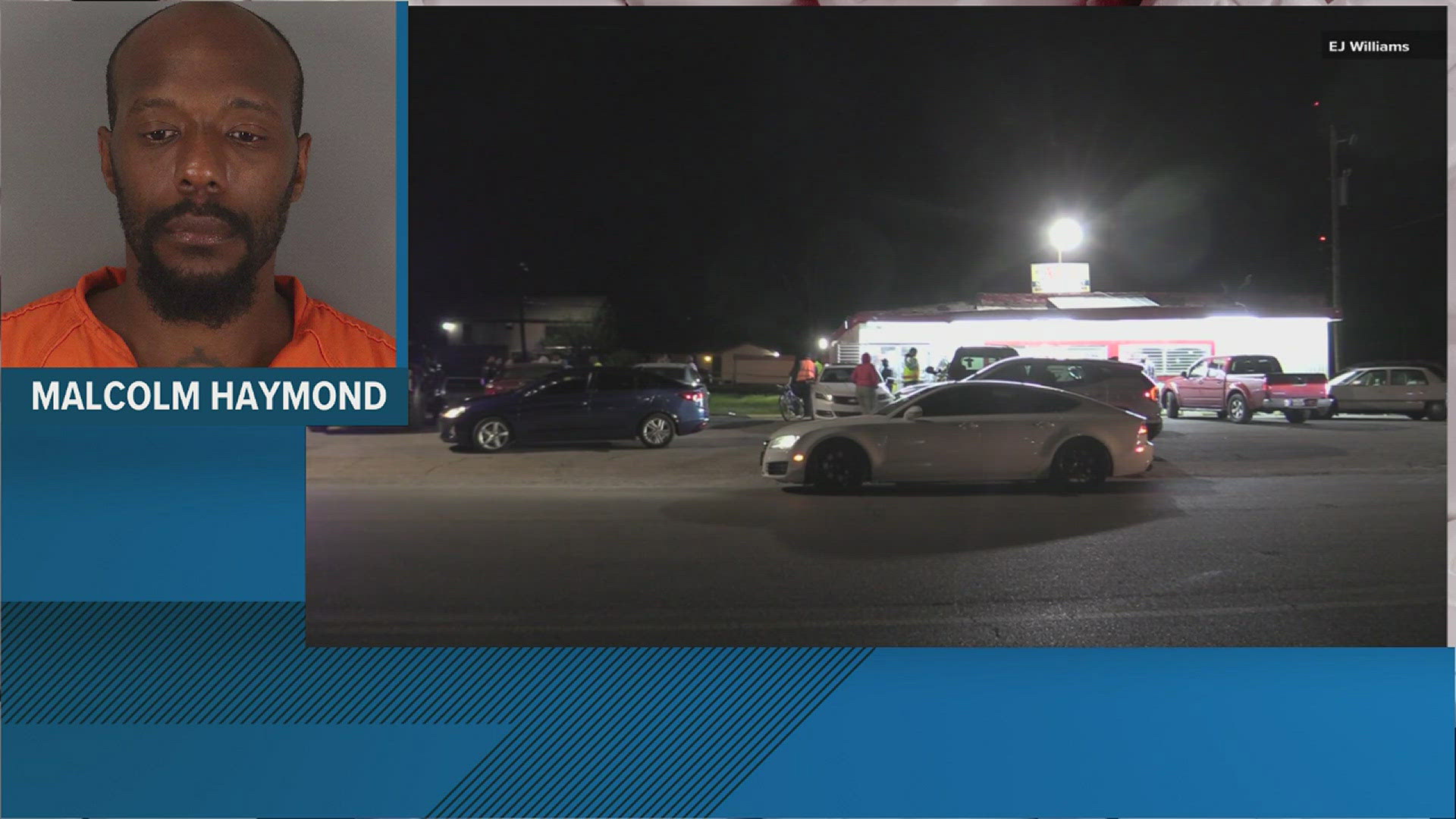TEXAS, USA — Texas abortion providers are making a last-ditch effort to temporarily resume procedures by challenging a pre-Roe v. Wade abortion ban that has not been enforced for nearly a half-century, but that some abortion opponents argue could be enforced after the U.S. Supreme Court’s decision to overturn the constitutional right to an abortion.
The providers filed a lawsuit on Monday, and a Harris County judge will hear arguments on Tuesday for implementing a temporary restraining order to block enforcement of the old ban, which criminalized both performing abortions and assisting anyone who performs abortions in Texas.
Texas Attorney General Ken Paxton, some Republican lawmakers and anti-abortion activists have argued that old state statutes banning abortion may have instantly gone back into effect following the Supreme Court’s announcement that it would overturn Roe v. Wade.
Texas abortion clinics stopped all procedures, and abortion funds ceased operating in the state after the Supreme Court ruled Friday to overturn Roe v. Wade, the landmark case that affirmed abortions as a constitutional right for nearly five decades. Some doctors had to halt procedures moments before they were set to perform them because of concerns that old state abortion laws that had been blocked by Roe could now once again be criminally enforced.
“We will fight to maintain access for as long as we can,” Nancy Northup, president of the Center for Reproductive Rights — one of the plaintiffs challenging pre-Roe restrictions — said in a statement. “Every day, every hour that abortion remains legal in Texas is a chance for more people to get the care they need. The clinics we represent want to help as many patients as they can, down to the last minute.”
Last year, Texas passed a “trigger law” to ban abortions if the Supreme Court repealed Roe v. Wade. The law will go into effect 30 days after the court issues a judgment repealing Roe.
Though the court issued its opinion signaling its intention to overturn Roe on Friday, it’s unclear when the formal judgment will come. Paxton said the judgment could take a month. He said his office will announce the effective date for the trigger law as soon as possible.
However, laws predating Roe v. Wade in Texas that ban abortion are still on the books — leading some to argue they’re valid again and that there’s no need to wait for the trigger law to seek criminal penalties for performing abortions in the state. Paxton noted this on Friday, saying “some prosecutors may choose to immediately pursue criminal prosecutions.”
But a 2004 case in the Fifth Circuit Court of Appeals found that by passing abortion laws — such as regulations on the availability of abortions for minors and the practices of abortion clinics — the Texas Legislature repealed its old bans and replaced them with regulations that implied those statutes were no longer in effect. And because the Supreme Court has yet to issue its formal judgment, it’s unclear whether the pre-Roe statutes can be enforced until that happens.
Lawyers for anti-abortion groups argued that the 2004 case, McCorvey v. Hill, was wrongly decided.
“The final interpreter and the ultimate authoritative interpreter of state law is a state court, not some federal court, not even the U.S. Supreme Court,” said Paul Linton, special counsel for Texas Alliance for Life. “State prosecutors are not bound by that [2004] decision.”
The Texas District & County Attorneys Association on Friday wrote in an interim legislative update that the legal ambiguity could make prosecuting abortion cases difficult.
“How these existing laws interact … is anyone’s guess,” the association’s update read, “because the new ‘trigger law’ did not amend or repeal these existing crimes.”
The pre-Roe laws include more detailed provisions than Texas’ trigger ban, including the potential to charge anyone who “furnishes the means” for someone to obtain an abortion. The threat of criminal charges has been enough to chill both abortion procedures as well as funding for Texans to travel and obtain abortions outside the state.
“It’s going to be very difficult for anyone to take on the threat of criminal prosecution in order to test these theories because the harm inflicted by the criminal justice system is immediate,” said Elizabeth Myers, an attorney who represents abortion funds.
Some abortion providers have already said they will resume procedures if a court gives them the protection to do so before Texas’ trigger ban takes effect.
“If these laws are blocked, I plan to provide abortions for as long as I legally can,” Dr. Alan Braid, abortion provider and owner of Alamo Women’s Reproductive Services, a plaintiff in the lawsuit, said in a statement Monday. “I started my medical career before Roe v. Wade and never imagined our country would go back to criminalizing doctors and preventing us from helping women.”
There are now several state laws passed over various years that ban or severely limit abortion. It’s unclear how these laws may compound or overlap.
Even before the high court’s decision, the number of abortions in the Lone Star state was halved due to its controversial abortion ban that occurs at about six weeks of gestation. The law was one of the nation’s most restrictive laws in force before the Supreme Court’s decision.
This article originally appeared in The Texas Tribune.



